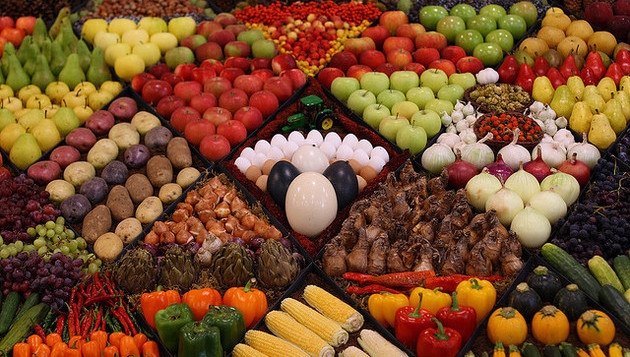A trader who calls himself ‘fair’, is just like my local neighbourhood nightclub boss, Honest Jimmy, says Uncle Tom.
My grandson Harold is an earnest chap. He worries about his carbon footprint, eats only local vegetarian food and refuses to wear any cheap clothing because it is made by exploited workers in Tanzania and Vietnam.
I used to be like that, but in those days we called it being a revolutionary. We used to go to such places to be part of the liberation struggles. Only Harold can’t do that because of the carbon footprint, which means you can’t go on an airplane or eat meat. It is a bit puzzling because we used to fight for the right of the people to go on airplanes and eat meat. I also think it is better to buy cheap clothing from poor workers than to buy clothes that are made by well-fed workers in rich places.
But Harold is the sweetest thing ever, with his huge soft eyes and little afro and ‘Fair Trade’ sandals. I felt really sorry for him when the University of London came out with a report saying that Fair Trade is a giant scam. I knew that, of course. Anyone with the slightest sense knows that a businessman who advertises himself as a ‘fair trader’ must be a crook, just like Honest Jimmy the night club boss with the scary Italian relatives is a crook. I have never seen an honest or reliable person going around telling others how honest or trustworthy he is. I have been saying that to Harold, but he always smiles at me like he thinks I am cute.
But this one I knew. I also read it in ZAM Chronicle, of course. A team of African reporters had gone to the chocolate farms in Ivory Coast and Ghana and Cameroon and had asked all the farming families there if they were getting some extra money now that there was ‘Fair Trade’. They all said no. I showed the report to Harold, and it worried him, but then he was sort of put at ease again by the Fair Trade people who came all out to vilify the report, saying that the African journalists had not counted right and that what mattered was the community projects that they, Fair Trade, funded.
Harold could not argue with the University of London, though. Those were real academics, who had counted really well, and they discovered that workers on Fair Trade farms actually got lower wages than other farmworkers in that country, Uganda. That the ‘community projects’ they talked about were only for the land owners, who built nice toilets and clinics for themselves. Harold now understood that, just like Honest Jimmy, Fair Trade only works with shady individuals and splits the money. Otherwise, it would cost you a lot more and you would not have such a nice office and a PR department. If you’d really like to help people’s class struggles, that is.
I asked Harold why he didn’t go to Tanzania or Ghana and ask farmworkers what kind of support they needed, or just join them and help start unions or revolutions or something. He muttered a bit about his carbon footprint. But I could see he was thinking about it.


